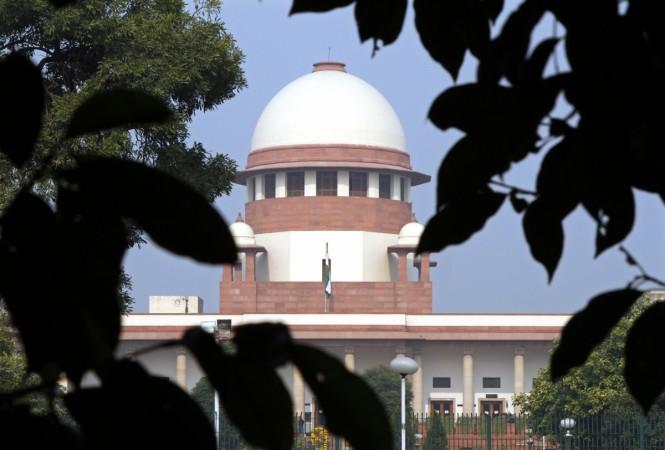
The Supreme Court, in a landmark judgment on Tuesday, ruled that an open court hearing in the review of a death sentence is a fundamental right. The apex court changed several other rules of hearing death verdict review pleas.
The Supreme Court was hearing a matter whether an inordinate delay in execution of death sentences amounts to, in effect, subjecting a death row convict to a double punishment of life imprisonment and death penalty.
It also addressed the question whether review of death penalty awarded in the rarest of rare cases should continue to be done in the privacy of the judges' chambers or transparently in open court.
The court recommended a 30-minute open court hearing for a death sentence review plea in front of a three-judge panel. Till now, appeals against death sentences were heard only in the judges' chamber. An open court hearing can reduce mistakes in judgments related to death sentences, legal experts told new channels. It has been a matter of concern for human rights activists.
However, the apex court said that the open hearing was not applicable to curative pleas but could be applicable for dismissed petitions. Thus, death row convicts, whose review pleas have already been dismissed, can file fresh pleas for re-opening of their cases within a month.
Petitioners who are on death row had approached the court asking for an open court hearing in death sentence reviews. Eight death row convicts, including Pakistani national Mohammed Arif alias Ashfaq involved in the Red Fort Attack case of 2000 and 1993 Bombay serial blasts accused Yakub Memon, had filed the petitions, The Hindu reported.
According to the report, Memon and Arif had argued in their separate petitions that they had suffered 'mental torture' because of years of anticipating their executions while remaining confined in their respective jail cells. They thus contended that an execution after a long term in prison could amount to punishing them with both, the life sentence and the death penalty.

















